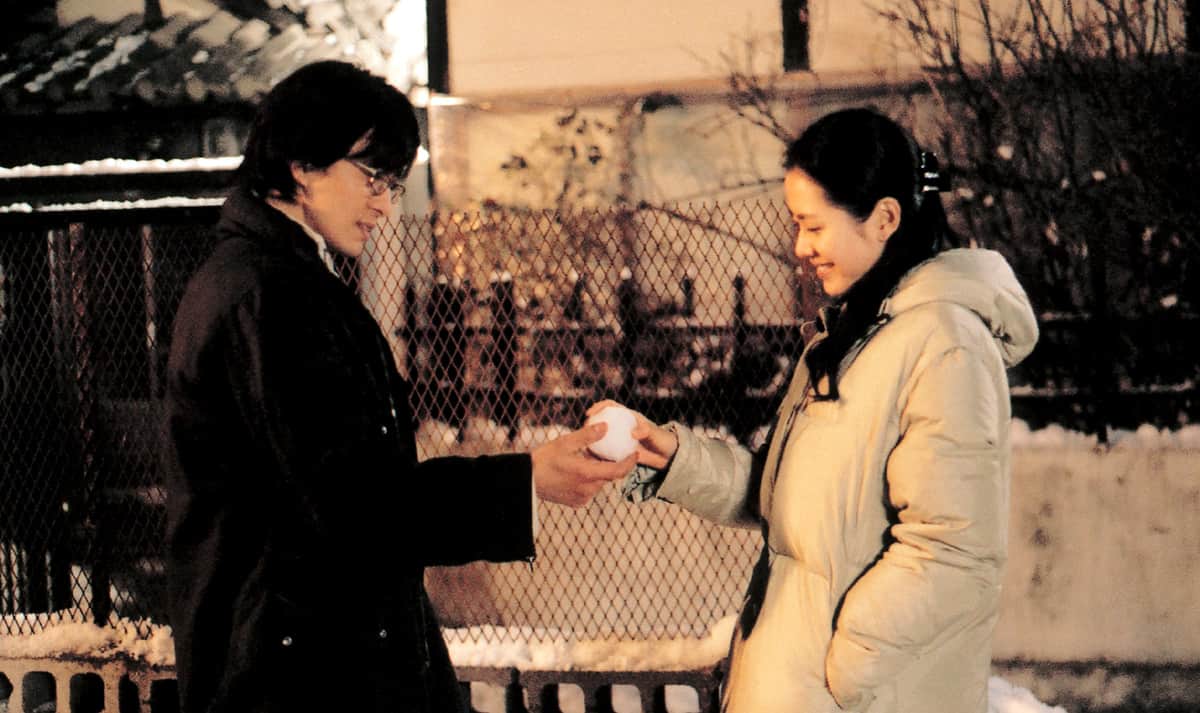Fahadh Faasil has carved his own niche in the Indian cinema. While primarily working in Malayalam-language films, he has become so prominent with the grounded performances, that he has an ardent fanbase, not witnessing a larger-than-life figure but to get a deeply humane experience. Anwar Rasheed's ‘Trance' largely depends on Fahadh's bravura performance. It is rare to find a performance so arresting that it becomes the pulse of the film, almost making the actor seem like the auteur and the driving force behind it. This particular performance is not his finest and that speaks for itself.
Buy This Title

In “Trance”, he plays the character of Viju Prasad – a motivational speaker based in Kanyakumari. Rather he can be better defined as a fraudulent salesman trying to make ends meet on the promise of selling hope to his customers. But he is not without his share of problems. With a background of mental health issues and his brother struggling with involuntary mood-swings, Viju is mostly trying to be the best version of him. He survives through his personal downfalls since there is someone dependent on him. It is not just about your life, but someone else's – something that he keeps telling himself.
With the course of time, Viju reaches a position where he needs to look out for himself. He genuinely wants to make better use of his life. Yet he cannot find a source by which he will be driven to achieve something. Meanwhile, Soloman Davis (Gautham Menon) and Isaac Thomas (Chemban Vinod Jose) enter his life to make him realize the same ‘want' for something. And since those two are powerful businessmen, it would be a wonder if they are not dying to capitalize on this. Thus, they try to sell Viju's personality who already had experience in selling himself.

In the process, Viju Prasad becomes Pastor Joshua Carlton. He gets rechristened. Not for his personal satisfaction, but for the financial gain of those who invest in him. We follow their journey of gaining followers who get trapped in their massive racket like herds of sheep. The pastor's job for them is just to sell ‘belief' – to make people have faith in him as a god-man. He is hammered with the thought of how religion is the biggest drug there can ever be. And the film keeps reminding how these investors are evil people involved in evil acts just to feed their never-ending hunger.
The directorial approach of Anwar Rasheed is largely on-the-face – where big, sweeping pan-shots heighten the dramatic impact. More than anything, he manages to create a stylistically slick film if not as sharp with its commentary. One thing that often is unnoticed because of the collective unimpressive result, “Trance” needs to be recognized for its fascinating world-building. The EDM tracks composed by Jackson Vijayan and the cinematography by Amal Neerad become the crux of what the film feels the strongest with. You can sense the influence of Nicholas Winding Refn floating around in its light-soaked frames with bloody reds and purples. While the visual effects become occasionally tacky, they promise a level of ambition that is so hard not to notice.
And besides the stylistic ambitions, ‘Trance' is a highly ambitious film with what it tries to preach. It does not paint its themes in greys even when it presents its characters in those shades. It makes a clear distinction regarding morality, but its message is not completely admissible either. For a country that takes an organized religion much more seriously than one's mental health and falls prey to the stupidities of self-proclaimed messiahs, dramatizing its themes does not seem that pointless. It gives this message loud & clear, and repeatedly – in order to portray the hypnotizing impact of the real chest-thumping gurus with similar motivations.

But in the process, the idea behind “Trance” wears thin to hold the viewer throughout its duration. The film tries to shed some light on mental health and the appropriate measures required for the same. Yet these issues get sidelined while putting on a show on the shoulders of Fahadh Faasil. Even while the intentions are sane, the film does not present the viewpoints as thoroughly as they could have.
It is a passionately made film and the anger is palpable. But the resulting impact often becomes dull when the narration ends up becoming repetitive. Several thrilling elements were added just to make his point across. Take an example of the village man introduced as the prey of the Pastor's religious preaching. While one understands the purpose of introducing him, there is nothing inventive in the way the filmmakers try to present it. In the process, these little additions appear too contrived (or a little too convenient) to even care for the film's noble intentions.
“Trance”, as a result of much of this, can be termed as a ‘glorious mess' which triumphs only with its stylistic ambitions, although certainly offers a great cinematic experience on the big screen.















